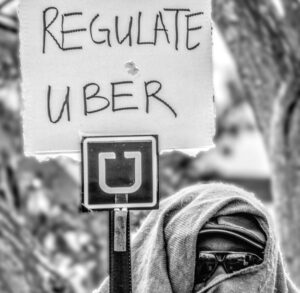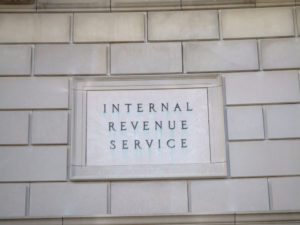
September 26, 2016; Boston Globe
In 2013, Aine Creedon, longtime contributor to the newswire at NPQ, spoke with the creator of a blog whose funny but painfully knowing GIFs and memes about the nonprofit sector received over 400,000 page views.
Through being [involved in] nearly every part of the nonprofit spectrum—employee, director, board member, major donor, and now consultant—we see the same challenges over and over. And instead of talking about it, we decided to call it out via humor.
That’s the genius of memes. A meme’s brevity and occasional eloquence has a useful place in the political realm as well. As Michael Andor Brodeur writes for the Boston Globe, memes, though almost never true, are preferred over “targeted misinformation from moneyed super PACs and sneaky lobbyists.” The blunt truths memes sometimes manage to convey at a glance are sometimes worth a look, if not also a laugh.
A problem arises when memes are used to harm the political process and when someone with more money than empathy funds the mischief.
The Daily Beast broke the story last Thursday about “The Facebook Near-Billionaire Secretly Funding Trump’s Meme Machine.” Palmer Luckey gave $10,000 to the newly organized 501(c)(4) alt-right “group Nimble America, which makes mean-spirited anti-Clinton memes. The 24-year-old co-founder of the virtual reality company Oculus VR, now a Facebook subsidiary, apparently became interested in Nimble America after seeing some of its image memes on Facebook. Luckey told the Daily Beast, “I’ve got plenty of money. Money is not my issue. I thought it sounded like a real jolly good time.”
The backlash was immediate. VR developers began withdrawing their support of Oculus, which is a problem for Facebook because the VR hardware and the machines to run it are expensive. Developers are needed to make this new technology more accessible and affordable for consumers. Luckey wrote this apology on Facebook, but too much damage was already done.
Sign up for our free newsletters
Subscribe to NPQ's newsletters to have our top stories delivered directly to your inbox.
By signing up, you agree to our privacy policy and terms of use, and to receive messages from NPQ and our partners.
The Daily Beast reported that Luckey was behind the Reddit pseudonym “NimbleRichMan,” who, when announcing Nimble America, claimed that “shitposting is powerful and meme magic is real.” The Reddit profile has since been deleted, but the Reddit’s original announcement is archived here.
We conquered Reddit and drive narrative on social media, conquered the [mainstream media], now it’s time to get our most delicious memes in front of Americans whether they like it or not.
By looking at Nimble America’s own financial statement, they have reportedly only raised $10,000. Luckey is apparently more important to Nimble America than he is willing to admit.
Internet trolling is done to have an anonymous “real jolly time.” Quietly funding Nimble America’s hateful memes is not unlike anonymously revenge-funding a lawsuit against Gawker Media, only to call it “philanthropic” after being found out. The fun for those who have the time or means to secretly cause such turmoil is in simply watching and taking pride in the outcomes from a distance. They do it because they can “in front of Americans whether they like it or not.”
Michael Andor Brodeur discusses the rise of memes in the political cycle, starting with the 2008 election. Today, they are ubiquitous and they too often drown out meaningful discourse online.
There are a few reasons for this. For one thing, a meme is not a 1,000-word editorial—it requires no time and no facts—it owes no explanations or attributions. A meme is a stance at a glance; it makes its point (however wrong) and moves on. For another, memes beget memes. The only way to counter them is to create more of them. Thus, in the unscrollable depths of Facebook groups like Bernie’s Dank Meme Stash, you get a few laughs here and there, but mostly the clamor of an angry mob.
The trouble with using anonymously funded “meme machines” denigrating the political opposition is that what starts out as “a real jolly good time” can easily turn into perceived truth. The same way that fans scream for more long after the rock star’s limo has pulled away, after real political discourse leaves the arena out the back door, memes proliferate online that have nothing to do with democracy or truth. It’s perhaps fun to watch for the trolling perpetrators, but it is toxic to civil society.—James Schaffer











